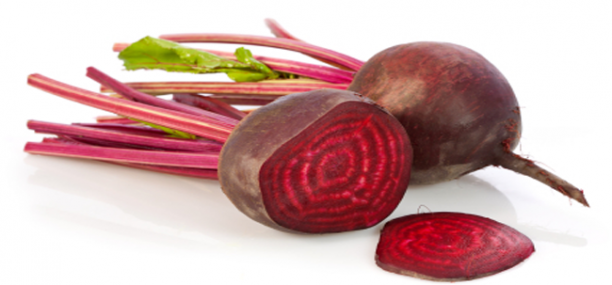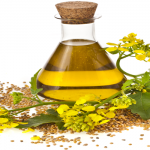Nutrition facts and Nutritional information of Beets
Beets (Beetroot, свекла, الشمندر ) is the taproot portion of the beet plant, which is commonly grown in Russia, North America, Europe and the Middle east. Other names for Beetroot include garden beet, table beet, red or golden beet.
Beetroot is an irregular food source often regarded as exotic food that is often overlooked in the American cuisine, though pickled beets are popular in southern states, the nationwide usage of beets is limited, and this neglect is unfortunate because they are highly saturated in a number of antioxidants, vitamins, and minerals. The beetroots and green tops provide very different nutritional benefits, so it’s typically a good idea to eat both.
Betalains (antioxidant chemicals commonly found in beetroot) gives beets its purple-red color. Beetroot is also highly saturated in ascorbic acid (vitamin C) and several vitamins B.
Beet greens are highly saturated in various antioxidants, including lutein and zeaxanthin, as well as they contain enormous amounts of retinol (vitamin A) and iron.
Recommendation
Eat beets half cooked, as cooking notably decreases the nutritional benefit in them, so try to cook them as short as possible.
Intake
Try beetroot in Russian borscht or roast beets in the oven until tender and enjoy their outstanding taste.
Eat beet greens saute, by sauteing until tender with an amount of chopped onion and garlic, and/or add beet juice to various vegan soups for a full nutritional profile.
Verified by: Dr.Diab (June 26, 2017)
Citation: Dr.Diab. (June 26, 2017). Nutrition facts and Nutritional information of Beets. Medcoi Journal of Medicine, 4(2). urn:medcoi:article18259.














There are no comments yet
Or use one of these social networks